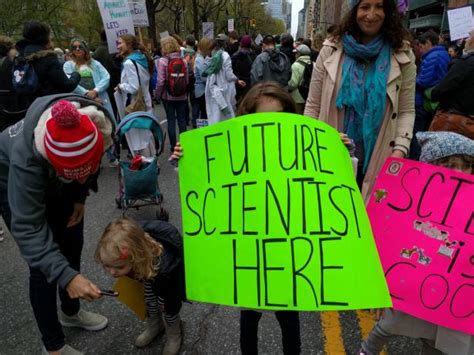With the advent of the internet, the landscape of harassment has evolved, stretching its tendrils into the digital realm, affecting various professionals, including scientists. The problem can no longer be dismissed as mere ‘internet nastiness.’ This growing issue has amalgamated internet trolls, conspiracy theorists, and even ideologically driven individuals into a coherent force that has real-world implications. The synthesis of online and offline threats, as highlighted by recent opinions, means that the thin line between cyberbullying and criminal harassment is becoming increasingly indistinguishable.
A boiling point seems to have been reached during the COVID-19 pandemic, as scientists like Peter Hotez became focal points of public aggression. This was not necessarily due to their scientific endeavors but because their research fed into policies that impinged on individual freedoms. Herein lies a grey area: the conflation of scientific advice with political ramifications. When scientists contribute to policy-making, they often face backlash that is typically reserved for politicians. This scenario was illustrated by multiple commentators who emphasized how livelihood attacks can be tantamount to life threats, especially in countries like the US, where social safety nets are minimal.
There is an urgent need to re-examine the legislative frameworks surrounding online harassment, as one commenter put it. Current laws do not adequately address the complexity and reach of internet-based threats, which can be far more destructive due to their widespread and anonymous nature. Although the law in the US holds a high bar for what constitutes a threat, inadequate regulations for online harassment lead to an environment ripe for abuse. The public’s misunderstanding of basic legal principles, as pointed out by several commentators, exacerbates the problem, making efficient policing and litigation much more challenging.
On a societal level, the issue extends beyond mere harassment; it strikes at the core of public trust in science. An alarming trend of using isolated incidents of scientific fraud or error to discredit entire fields has been documented. Fake publications and the replication crisis are cited as flashes in the pan that tarnish the reputation of earnest scientific endeavors. Critics of the current scientific landscape argue that the publish-or-perish culture and the race for academic funding often lead to compromised ethics, thus fueling public skepticism.
To navigate through this morass, some propose that the institutions themselves need a rigorous self-regulation mechanism. The importance of transparent, reproducible research is paramount, and anything less contributes to the growing ‘anti-science’ sentiment. One thought-provoking suggestion argues for scientists and institutions to spend more effort depoliticizing their work and emphasizing the importance of personal liberty and choice.
Interestingly, incidents of harassment extend beyond controversial fields like pandemic response and climate change. Researchers specializing in ostensibly neutral fields such as fluid dynamics have also been targeted. The explanation for this can be attributed to the broader societal distrust in experts and academia. As one commenter cynically remarked, the general dismissal of scientific reports, especially in contentious areas like nuclear energy feasibility, showcases a fundamental misunderstanding and mistrust.
Public sentiment has undeniably been influenced by media portrayals and politicization of scientific issues. High-profile scientists like Anthony Fauci have been intertwined with political narratives, leading to public figures carrying the brunt of both warranted and unwarranted criticism. The blurring of lines between political advocacy and scientific advice is a new battleground, where public policy debates seamlessly transform into personal vendettas against individual scientists.
Moreover, the conditioning of the public to view dissenting voices—whether legitimate scientific critiques or baseless accusations—as equally credible, creates an environment ripe for harassment. The societal cost is not just borne by the scientists but also reflects in deteriorating public trust in scientific institutions. The challenge is amplified by the realization, as noted by several contributors, that these harassment campaigns are rarely about the science itself but rather about the political and ideological connotations it possesses.
In addressing this vast problem, it becomes crucial to focus on both preventive and reparative measures. Effective moderation and punitive actions on digital platforms can stem the tide of online threats. Additionally, robust support systems within academic institutions can offer recourse and relief for harassed individuals. In advocating for these changes, a nuanced understanding of free speech and its limits in the digital age becomes indispensable.
The intersection of science, society, and digital culture poses novel challenges that will require a multifaceted approach. Only by acknowledging the broader repercussions of harassment on scientific inquiry and public policy can we hope to tackle this burgeoning crisis. The solution lies not just in laws and regulations but in cultivating a societal culture that respects and values scientific discourse, even in its most contentious forms.


Leave a Reply